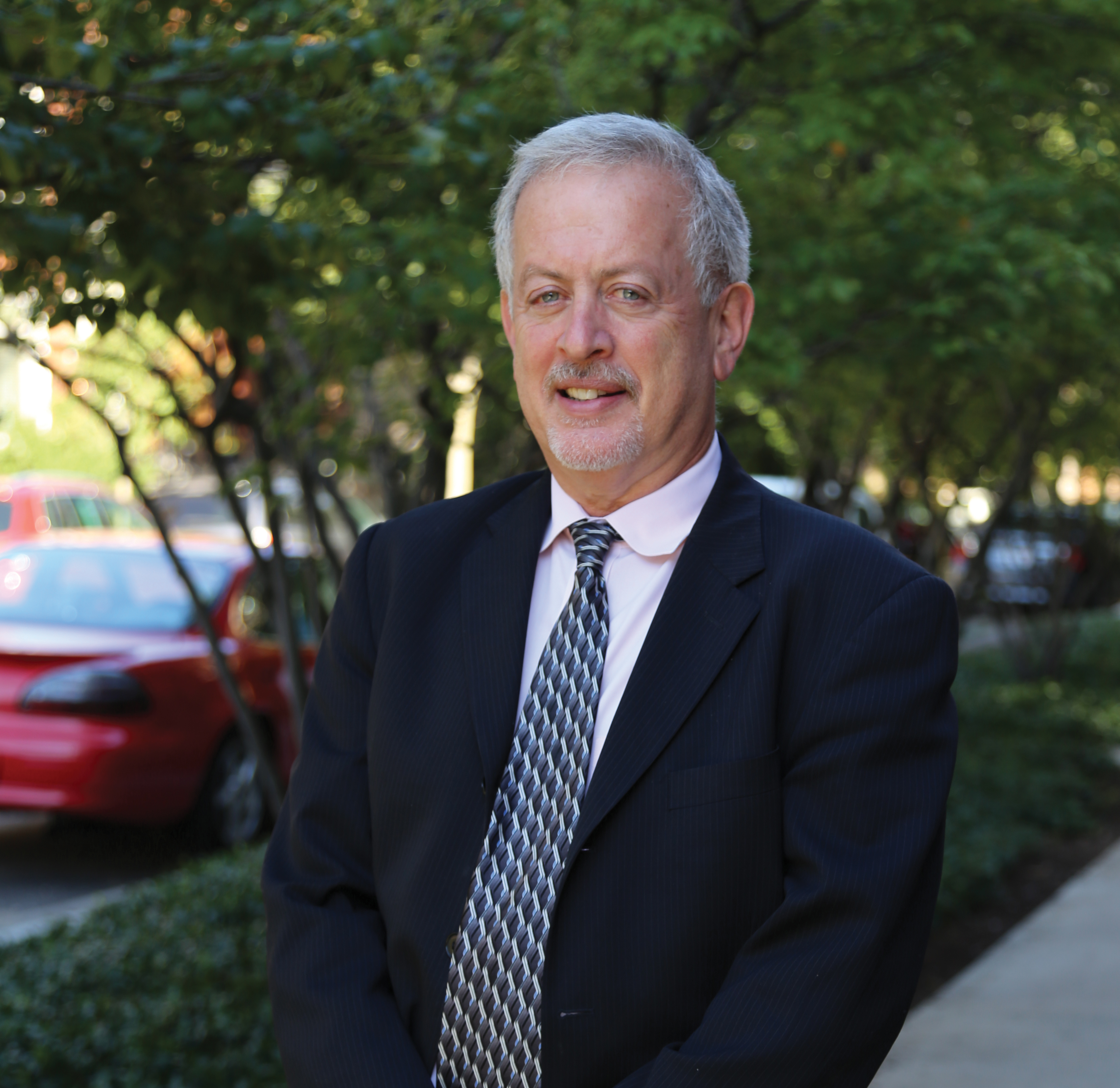
Our nation is experiencing one of the most significant teacher shortages in history. Class sizes are hardly manageable even for the most qualified, experienced teachers, and while schools try to accommodate the volume of students, budgets prevent them from hiring enough instructors to maintain reasonable class sizes. Teacher candidates often lack needed expertise, and some school districts and legislators are reducing teacher qualifications. This is dangerous. Simply declaring individuals “qualified” does not replace the intense preparation needed to become the teachers that our students deserve. In fact, it will only give more ammunition to those who take potshots at our profession.
Compounding this problem, not all classrooms feel the shortage equally. Students in low-income communities and children of color are most likely to experience classrooms with unqualified teachers and high rates of faculty attrition. This instability is detrimental. Children working to overcome achievement and opportunity gaps benefit most from highly qualified and experienced instructors. Educators must face the reality: something must be done.
Rigorous, effective teacher training is essential. Dedicated professors, attentive advisors, intuitive mentors and enthusiastic school partners construct an exceptional foundation upon which pre-service teachers can develop the expertise they need to contend with today’s classrooms. I’m proud that we provide all of these resources.
In addition, community engagement and professional development opportunities offer mutually beneficial support for multiple stakeholders. For instance, our partnership with Bernhard Moos Elementary School is an example of high-quality teacher preparation. Our faculty offer continued professional development to in-service teachers, while their classrooms provide field experiences and tools for our pre-service students.
Further, with professional development and support from our faculty, in-service teachers have the resources they need to adjust to new classroom environments and confront unfamiliar challenges. Our partnerships with Chicago’s Catholic schools to provide continuing education to in-service teachers at a discounted rate is another example of mutually beneficial solutions.
We need to do more. Stakeholders must come together to alter the landscape of education so that America’s students may flourish. Properly preparing future educators and investing in qualified, experienced in-service teachers are two crucial ways we can address our teacher shortage.
There is an immediate need for qualified teachers. Many of our graduates are promptly hired for positions, particularly in bilingual, special education, math and science roles. We continue to partner with the Academy for Urban School Leadership, providing residency programs to qualified non-education graduates that allow them to be paid while they earn their graduate degrees. I invite you to join us as we continue to do what we do best: cultivate educators today who will create a better tomorrow.
Dean Paul Zionts